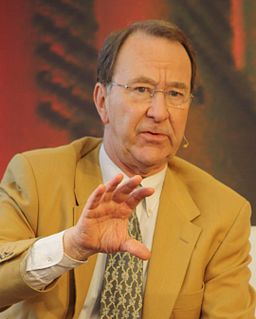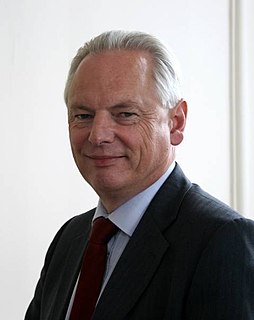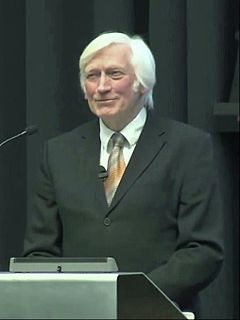A Quote by Mary Fulbrook
The Nazi Party was, in the early 1920s, but one among many nationalist and volkisch radical political groups. It was catapulted to prominence with the onset of economic recession in the late 1920s... The Nazis owed their spectacular to a combination of two discrete sets of factors: first, their distinctive organisation and strategy; and secondly, the wider socio-economic conditions which created climates of opinion and sets of grievances on which the Nazis could prey.
Quote Topics
Among
Combination
Conditions
Could
Created
Discrete
Distinctive
Early
Economic
Economic Recession
Factors
First
Groups
Late
Many
Nationalist
Nazi
Nazi Party
Opinion
Organisation
Owed
Party
Political
Political Groups
Prey
Prominence
Radical
Recession
Sets
Socio-Economic
Spectacular
Strategy
Two
Which
Wider
Related Quotes
Within the Nazi Party, the beginnings of a personality cult around Hitler go back to the year before the [Munich] putsch... Outside these small groups of fanatical Bavarian Nazis, Hitler's image and reputation at this time - so far as the wider German public took any notice of him at all - was little more than that of a vulgar demagogue, capable of drumming up passionate opposition to the government among the Munich mob, but of little else.
It is a matter of record that in the German Election of 1933, the Communist Party was ordered by its leaders to vote for the Nazis - with the explanation that they could later fight the Nazis for power, but first they had to help destroy their common enemy : capitalism and its parliamentary form of government.
It is sometimes suggested that the [Nazi economic] recovery was a product of a specific fascist economic strategy, which distinguished it from the recovery efforts of other capitalist states. While few would disagree that the Nazi regime had a number of clear ideological preferences when it came to the economy, the policies pursued in 1933 had much in common with those adopted in other countries, and with the policies of the pre-Hitler governments.
You have the Republican Party, who see themselves in their heart of hearts as being a party of colorblind meritocracy. That's their great belief about themselves. And yet somehow you also have a party where a lot of racial resentment and a camp of even neo-Nazis have set up camp in their party. If you point it out to them, they get mad at you, not at the neo-Nazis.
In the nearer term, the likeliest source of risk is a conflict between China and the U.S. These are now the two largest economies in the world, and the combination of their economic interdependence, the sharp differences in their political and economic values, and the growing divergence in their interests makes this relationship potentially dangerous for everyone who might be affected by it - which means pretty much everyone.
There are historical analogs, which are not exact, of course, but are close enough to be worrisome. This is a whiff of early Nazi Germany. [Adolf] Hitler was appealing to groups with similar grievances, and giving them crazy answers, but at least they were answers; these groups weren't getting them anywhere else. It was the Jews and the Bolsheviks [that were the problem].


































